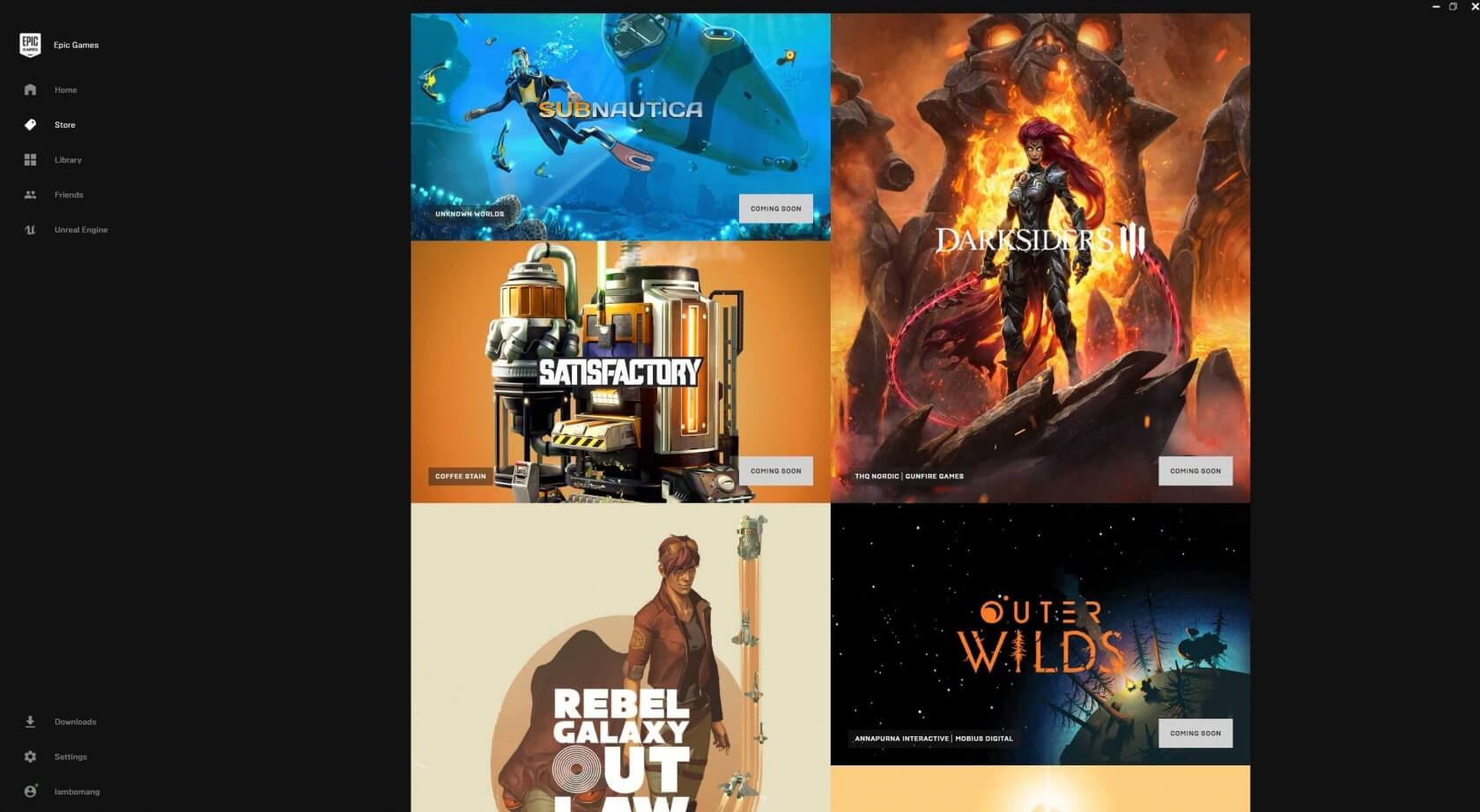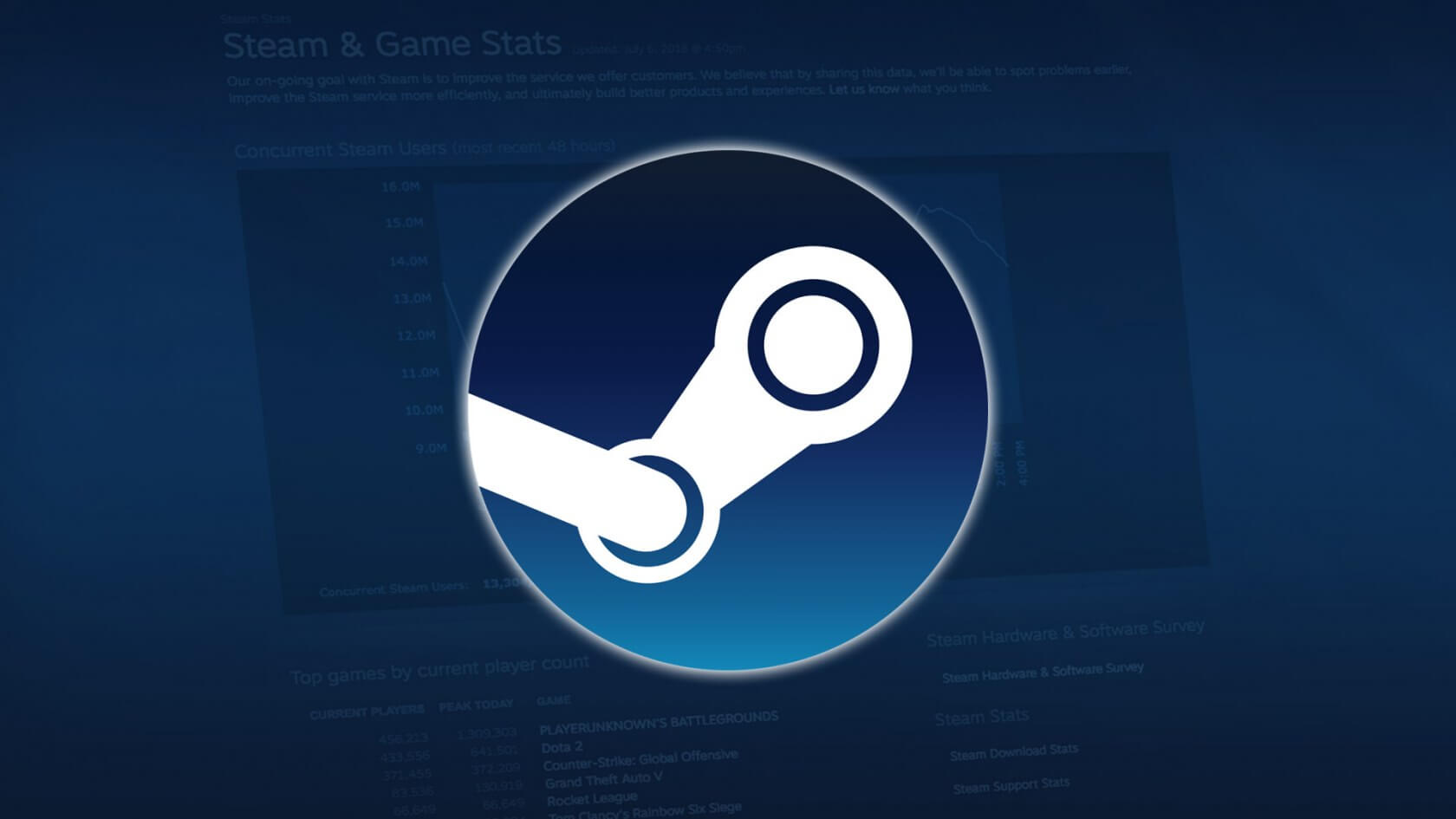In context: To say the PC gaming community is torn at the moment would be a massive understatement. Heated Epic Games Store vs. Steam arguments are raging on across Reddit, Twitter, and even TechSpot. It's not hard to see why this is the case - Epic hasn't exactly earned itself a lot of goodwill with its business practices as of late.
Despite missing a wide variety of features that Steam already has, Epic continues to scoop up numerous upcoming titles (sometimes shortly before they were set to launch on Steam) and make them timed exclusives on their own storefront.
Regardless of which side of the debate (if any) you land on, one thing is certain: the Epic Games Store is here to stay. Why? According to one former Valve developer, Richard Geldreich, it's because Steam's 30 percent revenue cut is unsustainable in the current market.
Steam was killing PC gaming. It was a 30% tax on an entire industry. It was unsustainable. You have no idea how profitable Steam was for Valve. It was a virtual printing press. It distorted the entire company. Epic is fixing this for all gamers.
--- Richard Geldreich (@richgel999) April 5, 2019
Geldreich, who posted his thoughts on the matter on Twitter, went so far as to say said revenue cut has been "killing PC gaming." He also claims that at this rate, Steam will eventually only contain "shovelware," indie games, "porn" and other 2nd-tier titles.
Of course, there's more to the story. For starters, Geldreich was talking in a non-official capacity and simply giving his opinions on a social media platform. As such, his point that Steam was killing PC gaming was likely hyperbole, and he only mentioned it in direct response to somebody else who claimed Epic was killing PC gaming.
In truth, the industry has actually been doing pretty well for itself, hardware sales aside. PC gaming platforms are bigger now than they've ever been, and numerous smaller studios have found great success with their latest titles on PC, like Divinity: Original Sin 2 or Kingdom Come: Deliverance.
So Steam was first - so what? At the time, Steam's 30% revshare looked good compared to the 50% revshare from retail. Now - it's ridiculus and oppressive to game developers. Valve became abusive to its partners and employees. It took them for granted.
--- Richard Geldreich (@richgel999) April 5, 2019
However, Geldreich's deeper point here is that Steam's 30 percent revenue sharing model became obsolete some time ago, not just recently with the Epic Games Store controversy. As he notes, when the only alternative was traditional retail and its 50 percent (or more) revenue split, Steam's cut probably seemed pretty appealing.
Now, the industry is in a different place, and AAA games have become significantly more expensive to make. Despite the Epic Store's faults, Epic's mere 12 percent revenue cut theoretically allows for developers to invest more resources into their projects or pass the savings on to consumers (if not both).
It's important to note that the long-term success of Epic as a company is irrelevant here. All that matters is what Epic may force Steam to do in the next couple of years.

After all, as Epic continues to swipe more and more high-profile titles from Steam, Valve will likely have to react eventually. How soon it will do so and what form that reaction takes is unknown.
If we had to speculate, it'd make sense for Valve to either match Epic's 12 percent cut, or at least come close at around 15 or 18 percent. Alternatively, Valve may start throwing its own money around to secure Steam exclusives. That could backfire, though, given the major negative public sentiment that Epic is currently dealing with.
At the end of the day, for now, the situation isn't great for PC gamers. Exclusivity deals are generally disliked by consumers (and many devs seem to consider them a necessary evil at best), and it doesn't help that these deals are being signed by some of the most popular, well-liked development studios out there, including Gearbox and Obsidian.
However, with a little luck, Epic's allegedly anti-consumer business practices may just improve the industry as a whole over the next few years.
